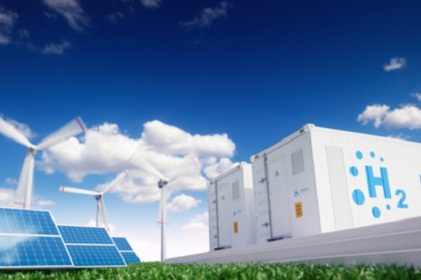Gateway House Webcast: Diversifying India’s Clean Transport
In this webcast, we discuss the transport energy options for India. The government of India intends to pursue Electric Vehicles with aggression, both to help India meet its Climate Change commitments, as also to reduce its dependence on fossil fuels in the post corona era. But is it what India needs? Are the necessary raw materials for batteries accessible in both the near and short term? Can India readily abandon oil, now cheap and from a region which gives jobs to our expatriate population?






